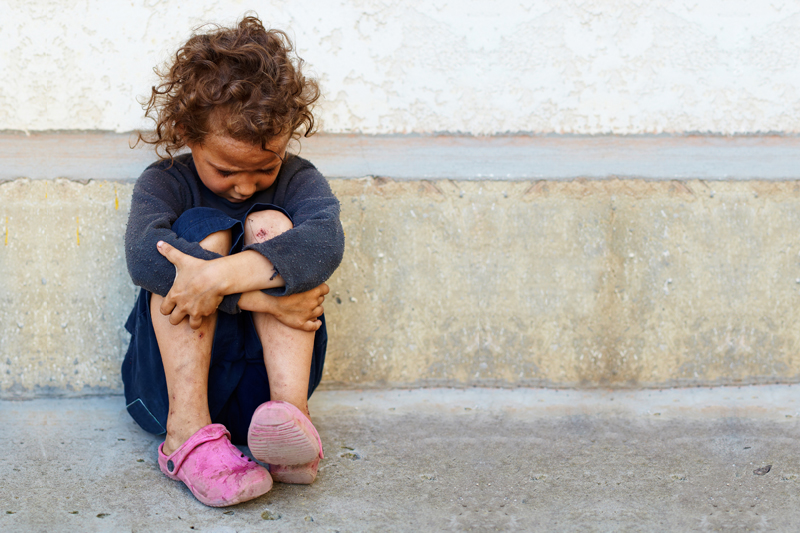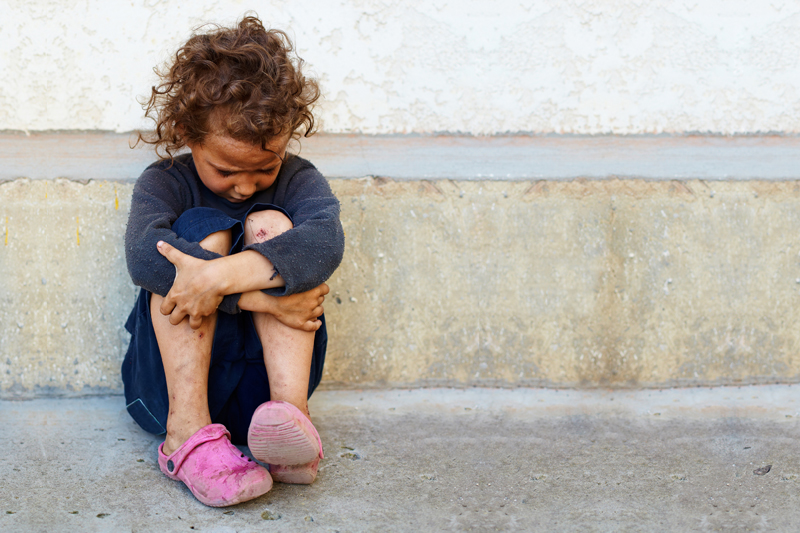Predators in Cyberspace

The World Wide Web easily lives up to its name by connecting the world from all corners of the earth with a click or two of a mouse. People can talk to other people in any country, send pictures to family and friends, and even make free phone calls, without ever leaving the comforts of home.
Yet, there is also dark side to the internet that is home to child predators who are sitting at home watching and waiting for their next victim, an innocent child to log on the internet. Through our use of the internet, families are now allowing complete strangers to enter their home without giving a single thought as to who our child maybe talking to in his or her bedroom.
In cyberspace, places like MySpace, Face book, and Gaia Online are growing in popularity as America's newest way to socialize. The internet opens doorways to new friendships that were never possible before its inception. Parents need to closely monitor children and teens online now more than ever before. It is imperative parents know who their children are hanging out with and who they consider as friends, at school, at home, and online. More importantly parents need to educate children on what personal information is safe and unsafe to reveal online.
Real dangers lurk in cyberspace. Real predators are surfing the internet looking for his or her next victim. Children and teens are very trusting due to lack of life experience and can be easily misled. The internet provides a sense of anonymity, which is defined as the state of being unknown or unacknowledged. The feeling of being invisible provides users with a false sense of security, especially for children and teenagers.
Teens often share everything online. Teens fail to realize that even simple information can give away where he or she lives, or goes to school. Children by nature are naive; they want to believe what people tell them. Yet if he or she chooses to meet a real life an internet friend, it maybe to late when the friend they thought was their age and sex, is instead an adult, often times a predator or offender.
Predators no longer have to walk parks, malls, or other public places to find their next victim. The child molester of today needs only to log onto the internet from the easy chair and comfort of home. Everyday there are new stories of children who are sneaking out of their homes and schools to meet their new online friends.
Sadly, many of these children become victims of assault or worse turn up missing. So many children daily are being listed as missing and exploited children or endangered runaways when they fail to return home after meeting an online friend in real life. Do not allow your child to become a victim. Teach them how to be safe on and off line.
Yet, there is also dark side to the internet that is home to child predators who are sitting at home watching and waiting for their next victim, an innocent child to log on the internet. Through our use of the internet, families are now allowing complete strangers to enter their home without giving a single thought as to who our child maybe talking to in his or her bedroom.
In cyberspace, places like MySpace, Face book, and Gaia Online are growing in popularity as America's newest way to socialize. The internet opens doorways to new friendships that were never possible before its inception. Parents need to closely monitor children and teens online now more than ever before. It is imperative parents know who their children are hanging out with and who they consider as friends, at school, at home, and online. More importantly parents need to educate children on what personal information is safe and unsafe to reveal online.
Real dangers lurk in cyberspace. Real predators are surfing the internet looking for his or her next victim. Children and teens are very trusting due to lack of life experience and can be easily misled. The internet provides a sense of anonymity, which is defined as the state of being unknown or unacknowledged. The feeling of being invisible provides users with a false sense of security, especially for children and teenagers.
Teens often share everything online. Teens fail to realize that even simple information can give away where he or she lives, or goes to school. Children by nature are naive; they want to believe what people tell them. Yet if he or she chooses to meet a real life an internet friend, it maybe to late when the friend they thought was their age and sex, is instead an adult, often times a predator or offender.
Predators no longer have to walk parks, malls, or other public places to find their next victim. The child molester of today needs only to log onto the internet from the easy chair and comfort of home. Everyday there are new stories of children who are sneaking out of their homes and schools to meet their new online friends.
Sadly, many of these children become victims of assault or worse turn up missing. So many children daily are being listed as missing and exploited children or endangered runaways when they fail to return home after meeting an online friend in real life. Do not allow your child to become a victim. Teach them how to be safe on and off line.

Related Articles
Editor's Picks Articles
Top Ten Articles
Previous Features
Site Map
Content copyright © 2023 by Erika Lyn Smith. All rights reserved.
This content was written by Erika Lyn Smith. If you wish to use this content in any manner, you need written permission. Contact Erika Lyn Smith for details.



